HEALTH
GABON: Faso Soap, this anti-mosquito soap that could revolutionize the fight against malaria.
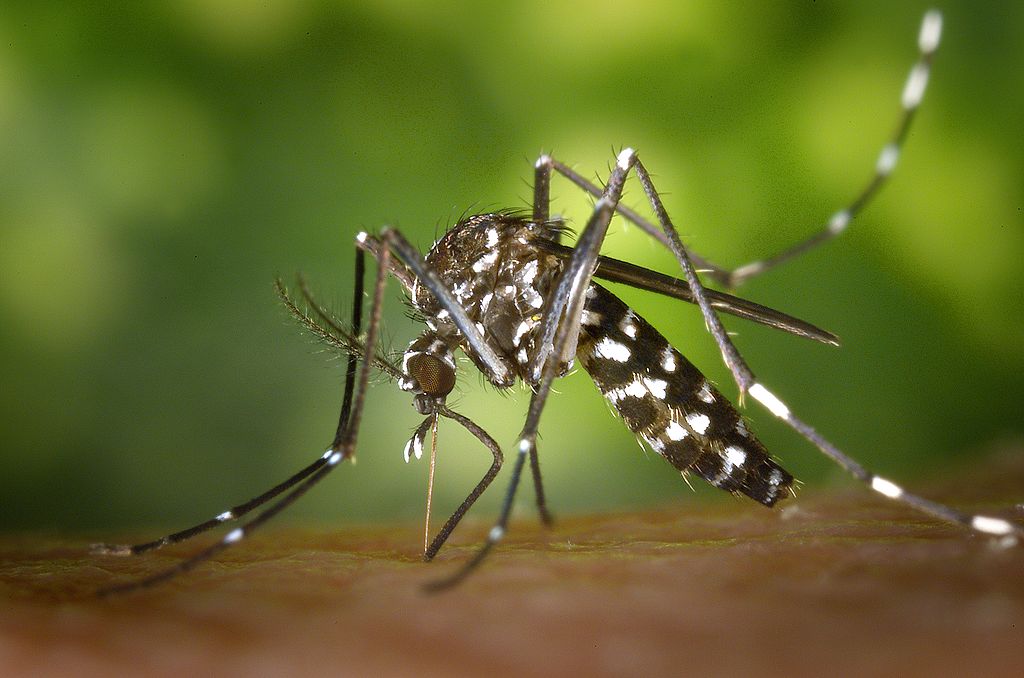
The adventure began in 2013. Nearly four years ago, Moctar Dembele and Gérard Niyoudiko announced the creation of a very special soap … These two students of the International Institute for Water Engineering and Of the environment in Burkina Faso have succeeded in developing a product repelling mosquito vectors of malaria, the Faso Soap.
Caused by parasites of the genus Plasmodium, this pathology constitutes a major public health issue throughout the world, especially in sub-Saharan Africa where 270 million people live without protection. According to the World Health Organization (WHO), nearly one million malaria victims are reported every year.
While fighting mosquitoes has been a major effort to control the epidemic, over time, biting insects have increased in resistance: according to the Faso Soap site, “82% of the endemic countries surveyed indicated To WHO resistance of mosquitoes to at least one insecticide “.
An anti-mosquito soap
It is on the basis of this observation that the two men set out to design a new weapon against malaria: an anti-mosquito soap. Innovative, the Faso Soap is composed of microcapsules of substances naturally repulsive. These are developed to adhere to the skin of users and gradually release their content.
According to its designers, the soap could help to keep mosquitoes away several hours after use and help to halve the risk of contamination. “We are convinced that soap will be a new effective means of prevention, in addition to impregnated mosquito nets and the spraying of insecticides in homes,” they said.
Thanks to this soap designed to be at a lower cost, the project initiators hope to save at least 100,000 lives and distribute it “gradually to 30% of the population of the 6 countries most affected by malaria.” But almost 4 years after its conception, where is the project?
Research that
While “first tests have been encouraging”, further further investigations are still being carried out by the National Center for Research and Training on Malaria (CNRFP), located in Ouagadougou. In 2016, nearly 140 different trials allowed to discover “natural mixtures at the same time able to keep away 6 hours the mosquitoes Anopheles, healthy for the sensitive and affordable skins”.
The researchers estimate that this part of the research is advanced to 80%. The final formulation of the soap should soon see the light of day. So far, it has been announced that the mosquito repellent effect of the soap would extend for up to 6 hours after use on the skin. However, teams are working to make the solution work for as long as possible.
In order to “better know the habits of personal hygiene” and to develop a product of the most suitable, the researchers also carry out a study of about 1,000 people who volunteered. They turned to participants living in different conditions, in urban areas for some, peri-urban and rural for others. At 20% of its final objective, this part of the study seems to move slowly, but surely.
Finally, 15% is the percentage advanced by the section dealing with the supply and production of the famous soap. “Mastering the supply chain of raw materials is essential to ensure a significant production of anti-mosquito soaps. We are experimenting with the cultivation of repellent plants in West Africa in order to set up a sustainable local chain,” experts say.
A first prototype from 2018?
Despite the attractiveness of the project, Gérard Niyondiko and the other instigators of the project struggled to find funding and had to turn to participatory financing or crowdfunding in order to continue testing more and more expensive. A campaign that raised some 70,000 euros and advance the project.
The status of research is regularly updated on the official website. If the next steps take place as planned, the prototype of Faso soap could be released in April 2018 before launching a phase of homologation of this miracle product that could revolutionize the fight against malaria.
Source : GabonLibre
HEALTH
COVID 19 – A new variant we discovered
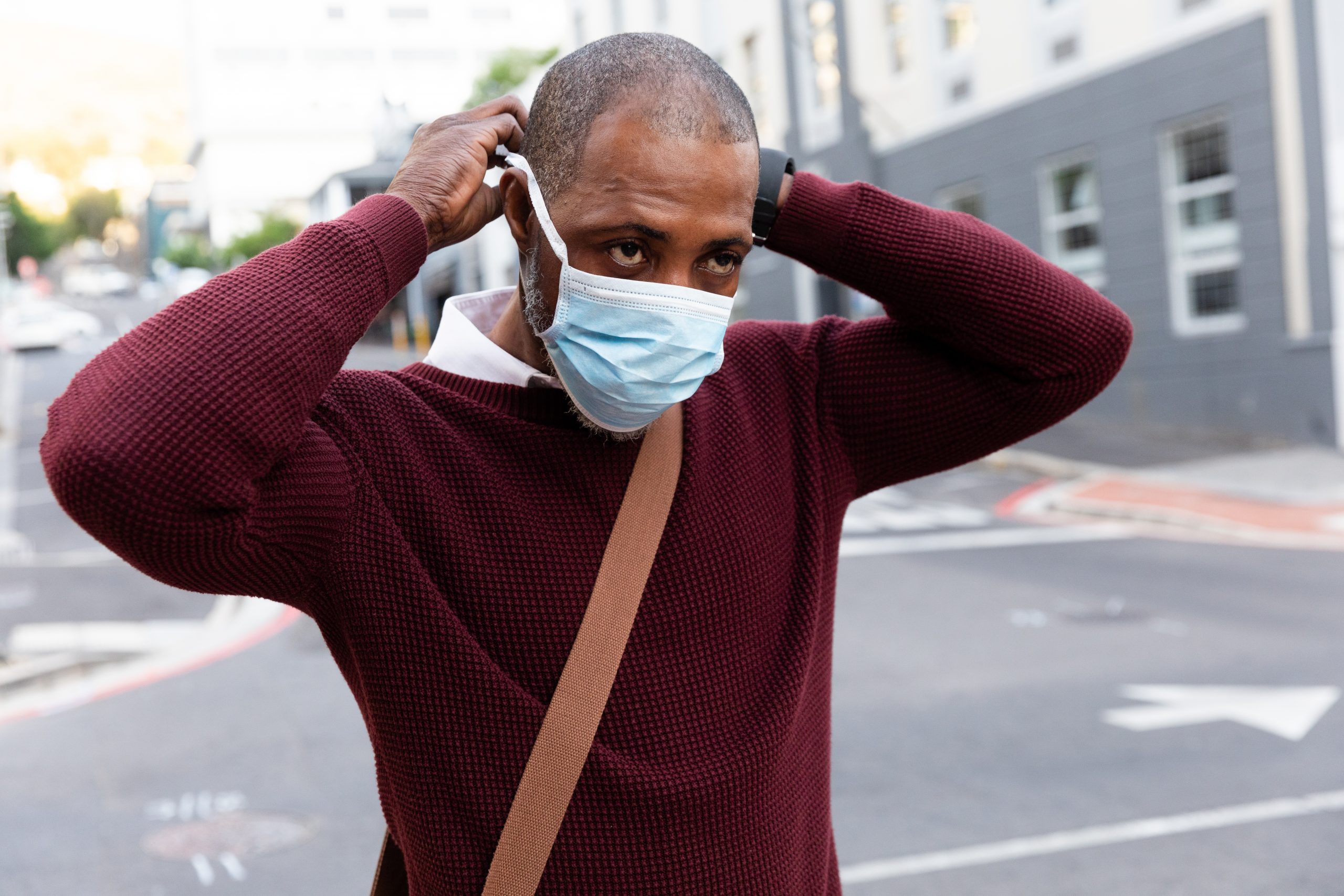
According to a senior official at the World Health Organization, a new highly mutated variant of COVID called BA.2.86 has been discovered in several countries including Switzerland, South Africa, as well as Israel, Denmark, the United States and the United Kingdom.
According to “Reuters”, the variant was first spotted in Denmark on 24 July after sequencing of the virus infecting a patient at risk of becoming seriously ill”. And so it was detected “in other symptomatic patients, during routine checks at airports and in wastewater samples in a handful of countries”.
Thus, scientists have indicated that “although it was important to monitor BA.2.86, it was unlikely to cause a devastating wave of serious illness and death given the immune defenses developed worldwide as a result of vaccination and previous infection”.
WHO COVID-19 technical officer Maria Van Kerkhove said, “The numbers are still low”. But the reduction in global surveillance could lead to rapid circulation of the virus…
HEALTH
TOBACCO CONTROL: Seven out of 10 people protected by anti-smoking measures

A new report from the World Health Organization (WHO) highlights that 5.6 billion people, or 71% of the world’s population, are now protected by at least one good practice policy to save lives from deadly smoking, five times more than in 2007.
Over the past 15 years, since WHO’s MPOWER measures were introduced globally, smoking rates have fallen. Without this reduction, the UN World Health Agency estimates that there are now 300 million more smokers worldwide. This new WHO report on the global tobacco epidemic focuses on protecting the public from passive smoking, noting that nearly 40% of countries now have fully non-smoking indoor public places. The report assesses the progress made by countries in tobacco control and shows that two other countries, Mauritius and the Netherlands, have reached the level of best practices for all MPOWER measures, a feat that only Brazil and Turkey have achieved so far. These data show that, slowly but surely, more and more people are protected from the harms of tobacco by WHO policies based on evidence and best practices.”said Dr Tedros Adhanom Ghebreyesus, Director-General of WHO, congratulating Mauritius on becoming the first country in Africa and the Netherlands on becoming the first country in the European Union to implement WHO’s comprehensive tobacco control policies at the highest level. Eight countries are only one policy away from joining the leaders of tobacco control: Ethiopia, Iran, Ireland, Jordan, Madagascar, Mexico, New Zealand and Spain. However, much remains to be done: 44 countries are not protected by any of WHO’s MPOWER measures. At the same time, 53 countries have still not adopted a total ban on smoking in health facilities. In addition, only half of the countries have smoke-free private workplaces and restaurants.
Passive smoking
“WHO urges all countries to implement all MPOWER measures at the level of best practices to fight the tobacco epidemic, which kills 8.7 million people worldwide, and to oppose the tobacco and nicotine industries, who are lobbying against these public health measures,” said Dr Ruediger Krech, Director of Health Promotion at WHO. About 1.3 million people die each year from second-hand smoke. All of these deaths could be prevented. People exposed to second-hand smoke are at risk of dying from heart disease, stroke, respiratory disease, type 2 diabetes and cancer. In this fight against tobacco, the ban on smoking in public spaces is only one of the measures of the Effective Tobacco Control Package, MPOWER, designed to help countries implement the WHO Framework Convention on Tobacco Control and stem the tobacco epidemic. The paper shows that all countries, regardless of income level, can lower the demand for deadly tobacco, achieve major public health victories and save billions of dollars in health care and production costs.
HEALTH
SENEGAL – 400 cases of measles recorded
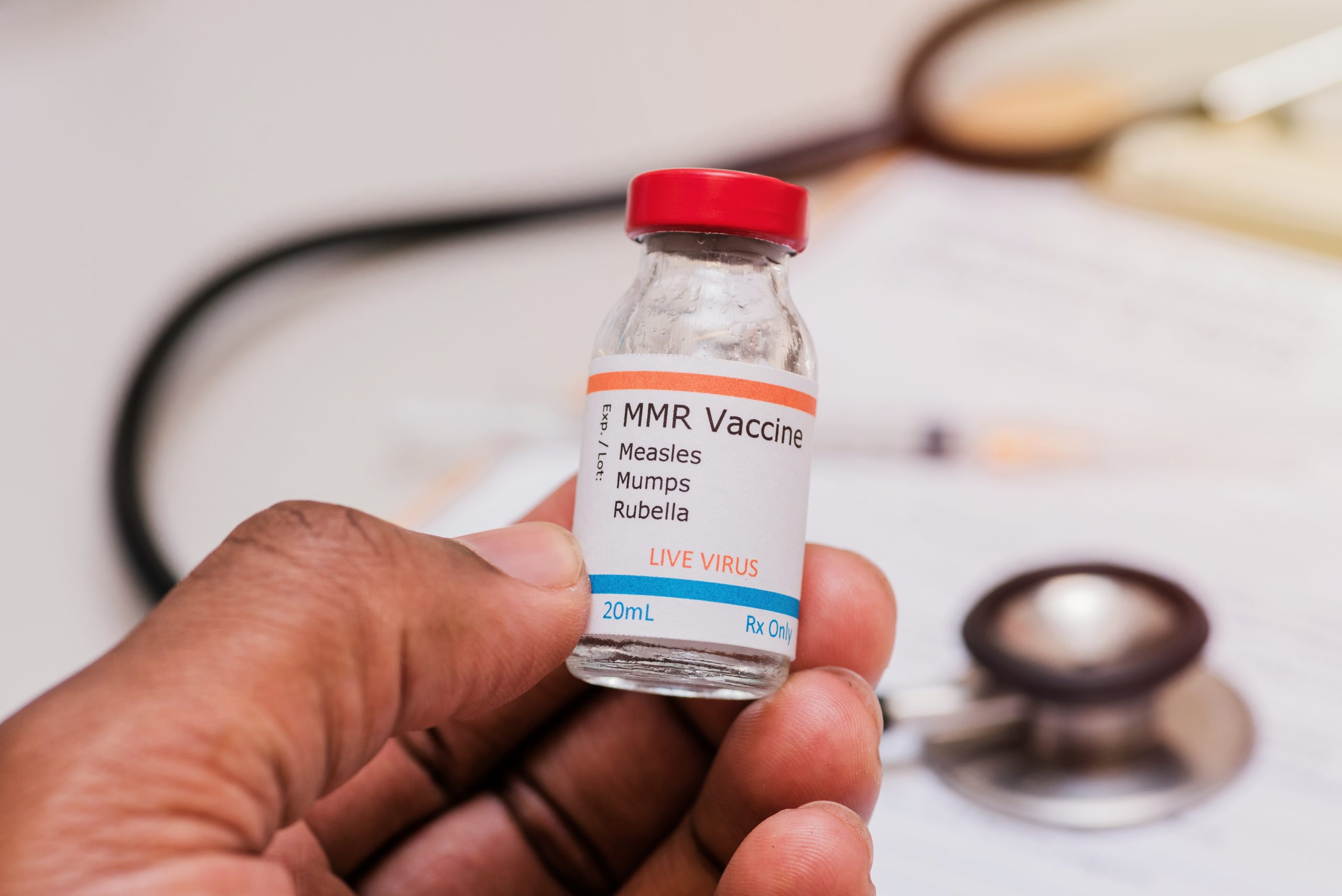
Measles is back in force, with more than “400 cases recorded nationally”. It is a revelation of Doctor Boly Diop, responsible for epidemiological and post-vaccination surveillance at the Ministry of Health and Social Action, on Thursday, July 13, 2023.
“Performance in the first half of the year revealed the existence of a measles epidemic,” said Dr. Boly Diop, noting that Fatick is the only one of the country’s 14 regions that has yet to register a confirmed case of measles.
Outside of Fatick, all regions have confirmed cases of measles and there are districts that have become epidemic. This means that today, measles is back in force, there are confirmed cases and epidemics that are recorded throughout the regions,’ he said, on the sidelines of a quarterly coordination meeting for epidemiological surveillance.
-

 EAST AFRICA1 year .
EAST AFRICA1 year .TANZANIA – President meets with Chairman of the Board and CEO of the Merck Foundation
-

 CHAUD TOO CHAUD3 years .
CHAUD TOO CHAUD3 years .POLITICS – [INTERVIEW EXCLUSIVE] – MADAGASCAR – Fanirisoa Ernaivo, a politician and activist committed to the rule of law and respect for democracy
-

 BUSINESS8 months .
BUSINESS8 months .GUINEA – Authorities demand repatriation of mining revenues
-

 CULTURE2 years .
CULTURE2 years .AFRICA – African writers and artists celebrate the 20th anniversary of the African Union
-

 POLITICS5 months .
POLITICS5 months .SENEGAL – Presidential election 2024: Registration of 79 candidates declared
-
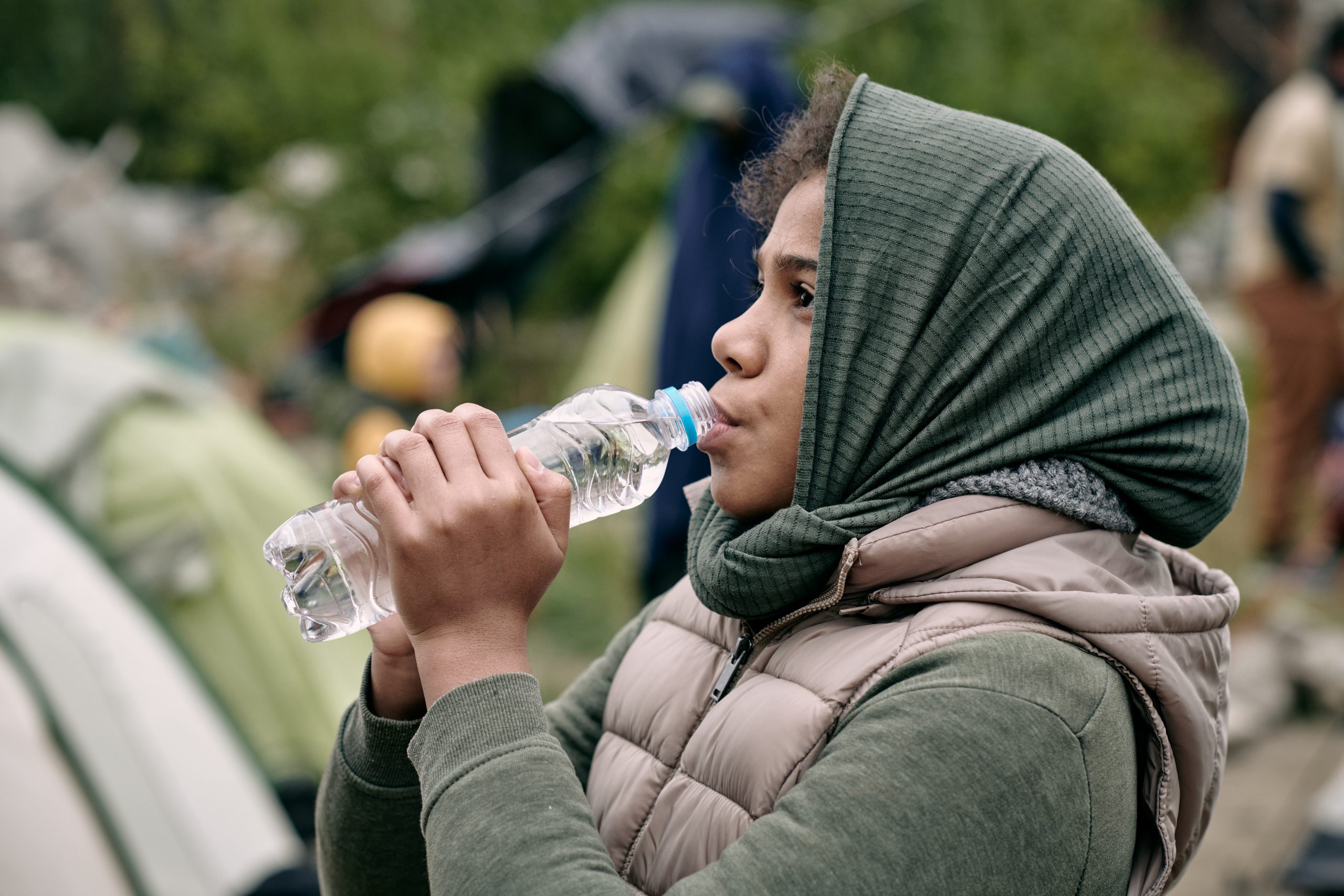
 IMMIGRATION10 months .
IMMIGRATION10 months .AFRICA – Migrant smuggling brings 59 billion CFA francs to smugglers per year
-

 CULTURE3 years .
CULTURE3 years .SENEGAL – “Sadik Lady” by Viviane Chidid
-
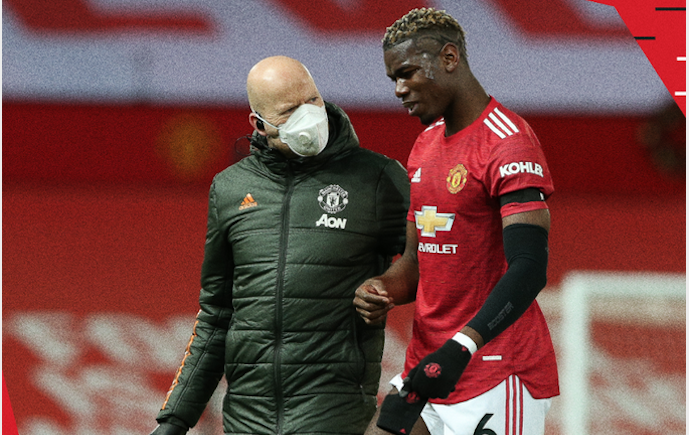
 A LA UNE3 years .
A LA UNE3 years .GUINÉE: Manchester United: Paul Pogba absent several weeks



